Construction Technology
Best Electronic Data Management System for Construction Companies: Why Oracle Aconex is the Top Choice
Introduction to Electronic Data Management Systems (EDMS)
Table of Contents
- 1 Introduction to Electronic Data Management Systems (EDMS)
- 2
- 3 Key Features of Oracle Aconex
- 4 Benefits of Using Oracle Aconex for Construction Companies
- 5 Why Victorian UAE is the Ideal Implementing Partner for Aconex
- 6 Success Stories of Oracle Aconex Implementation in UAE Construction Projects
- 7 Comparison with Other EDMS Solutions
- 8 Challenges and Solutions in Implementing Aconex
- 9 Future Trends in Electronic Data Management for Construction
- 10 Conclusion: Making the Right Choice for Your Construction Business
Electronic Data Management Systems (EDMS) are sophisticated software platforms designed to facilitate the organization, storage, and retrieval of project-related documents within various industries. In the construction sector, the significance of EDMS has become increasingly evident as projects grow in complexity and the volume of data surges. An effective EDMS not only streamlines workflows but also enhances collaboration among stakeholders, such as architects, engineers, contractors, and clients, contributing to overall project efficiency.
Traditionally, construction companies relied on paper-based management practices, which often led to issues such as miscommunication, document loss, and inefficiencies. As technology advanced, the need for more systematic and efficient methods of handling documents became clear. Consequently, the construction industry gradually transitioned towards digital solutions. Today, an EDMS is essential for ensuring that project information is readily accessible, secure, and accurately maintained throughout the project lifecycle.
By centralizing document control, EDMS platforms help teams reduce errors and rework, aligning with best practices in project management. Furthermore, the incorporation of features such as version control and audit trails enhances document integrity, ensuring that all stakeholders have access to the most current information. With these capabilities, an EDMS supports a collaborative environment wherein all parties can seamlessly communicate and make informed decisions, thereby fostering a culture of transparency and accountability.
As construction companies continue to embrace digital transformation, the role of Electronic Data Management Systems becomes more critical. With the integration of technology, these systems evolve to meet the specific needs of the industry, offering tailored solutions that not only address existing challenges but also pave the way for future advancements in project execution.
Key Features of Oracle Aconex
Oracle Aconex stands out as a premier electronic data management system for construction companies, primarily due to its comprehensive suite of key features tailored to enhance project management and collaboration. One of the standout capabilities is its robust document management system. Aconex provides users with a centralized platform to store, share, and manage documents, ensuring all project stakeholders have access to the latest information. This feature mitigates the risks associated with version control and facilitates seamless communication across teams.
In addition to document management, Oracle Aconex includes an advanced infrastructure for project controls. This feature enables construction companies to monitor project schedules, budgets, and resources in real time. With integrated tools for tracking milestones and deliverables, project managers can identify potential issues before they escalate. This proactive approach helps teams maintain timelines and adhere to budgets, which are critical in the construction industry.
Another significant feature of Oracle Aconex is its mobile accessibility. The platform is designed to be user-friendly on various devices, allowing stakeholders to access information and make updates on-the-go. This flexibility enhances productivity and ensures that critical data is always at hand, irrespective of the user’s location. Whether on-site or off-site, team members can stay informed and engaged, which is essential for effective project execution.
Real-time collaboration tools are also a hallmark of Oracle Aconex, enabling users to communicate effectively through instant messaging, discussions, and notifications. This ensures that teams can make prompt decisions and maintain alignment throughout the project lifecycle. Additionally, the platform features comprehensive reporting functionalities, allowing users to generate insights and analytics that inform strategic decision-making. These features collectively reinforce Oracle Aconex’s position as an invaluable electronic data management system for construction companies.
Benefits of Using Oracle Aconex for Construction Companies
Oracle Aconex offers numerous advantages for construction companies looking to streamline their project management and enhance overall operational efficiency. One of the most significant benefits is improved efficiency in project workflows. The platform enables teams to collaborate seamlessly, allowing for real-time communication and document sharing. As a result, stakeholders can access critical information quickly, which helps to minimize delays and accelerates project timelines.
Enhanced project visibility is another critical advantage of Oracle Aconex. With the ability to track project progress through custom dashboards, managers can easily monitor tasks, deadlines, and resource allocation. This visibility not only helps in identifying bottlenecks but also fosters accountability among team members, as everyone remains aware of their responsibilities and deadlines.
Moreover, the software ensures better compliance with industry standards and regulations. Oracle Aconex provides tools for documentation management that can standardize processes and ensure that all relevant information is properly recorded and accessible. This compliance aspect is crucial, especially for projects that involve multiple stakeholders and stringent regulatory requirements, allowing teams to deliver projects that meet both quality and legal standards.
Additionally, utilizing Oracle Aconex can significantly reduce the risk of errors and misunderstandings. The digital platform minimizes reliance on paper documents and manual processes, which are often prone to human error. By centralizing documentation and communication, Aconex helps in maintaining data integrity, ensuring that all project participants are working from the same set of accurate information. Such clarity not only mitigates risks but also contributes to overall project success.
Why Victorian UAE is the Ideal Implementing Partner for Aconex
In the realm of construction project management, the implementation of an Electronic Data Management System (EDMS) such as Oracle Aconex is crucial for efficiency and success. Victorian UAE stands out as a premier implementing partner for Aconex, backed by extensive expertise and experience in the local construction landscape. Their depth of knowledge regarding the UAE’s regulatory environment and market dynamics enables them to provide tailored solutions that meet the unique needs of each construction project.
One of the key advantages of partnering with Victorian UAE is their local knowledge. The construction industry in the UAE has distinct challenges and opportunities that may not be apparent to external partners. Victorian UAE possesses a keen understanding of local processes, cultural nuances, and specific client requirements, ensuring a seamless integration of Aconex within ongoing projects. This localized approach not only accelerates the implementation process but also enhances stakeholder engagement, as teams are better equipped to navigate the complexities of the regional construction sector.
Moreover, Victorian UAE has a proven track record in delivering successful Aconex implementations across a wide range of construction projects. Their portfolio includes infrastructures, commercial buildings, and residential developments, showcasing their versatility and comprehensive understanding of the project lifecycle. This experience translates into the effective customization of Aconex features, aligning the platform with the strategic goals of construction companies. Victorian UAE’s commitment to continuous improvement and client satisfaction is evident in their post-implementation support, ensuring that users can maximize the capabilities of Aconex long after the initial rollout.
In summary, due to their local expertise, tailored solutions, and successful history of Aconex implementations, Victorian UAE is undoubtedly the ideal partner for construction companies seeking to leverage an advanced electronic data management system. Their focus on understanding client needs and delivering quality results positions them as a leader in the realm of project management solutions in the UAE.
Success Stories of Oracle Aconex Implementation in UAE Construction Projects
In recent years, various construction projects in the United Arab Emirates have successfully implemented Oracle Aconex, significantly enhancing their electronic data management systems. Victorian UAE, a prominent player in facilitating these implementations, has proven instrumental in guiding organizations through the complexities of this process. Several notable case studies demonstrate the positive impact of Aconex on project outcomes.
One of the exemplary implementations occurred in the Dubai Canal project, where the construction team faced challenges such as inefficient document control, miscommunication among stakeholders, and delayed timelines. Upon the introduction of Oracle Aconex, the project team was able to streamline document management and improve collaboration between different parties. Aconex’s centralized platform enabled real-time access to project documents, ensuring that all stakeholders had the most up-to-date information. As a result, the project was completed ahead of schedule and under budget, showcasing the system’s efficacy.
Similarly, the Abu Dhabi Airport expansion project highlights Oracle Aconex as a transformative tool. Initially, the project encountered difficulties relating to version control of critical drawings and a lack of accountability in document handling. Implementing Aconex allowed the team to establish a structured workflow, providing clarity and transparency throughout the project lifecycle. The measurable benefits included a 30% reduction in response time for requests for information (RFIs) and an overall increase in productivity across teams involved.
These success stories exemplify the numerous advantages that Oracle Aconex delivers to construction companies in the UAE. By addressing the unique challenges of each project and facilitating effective communication and collaboration, Aconex stands out as the premier electronic data management system in the construction sector.
Comparison with Other EDMS Solutions
When evaluating Electronic Data Management Systems (EDMS) for construction companies, several popular solutions emerge, including Microsoft SharePoint, Procore, and Autodesk. Each of these platforms offers unique features tailored to specific needs within the construction industry. However, Oracle Aconex stands out due to its comprehensive capabilities, user-friendly interface, and specialized focus on construction project management.
Microsoft SharePoint, widely recognized for its collaboration and document management features, often serves as a general-purpose tool rather than a dedicated construction management system. While it allows for document sharing and team collaboration, it lacks the industry-specific functionalities that Aconex provides, such as project-specific workspaces and integration with dedicated construction workflows. This limitation can hinder efficiency and productivity within construction projects.
Procore is another competitor, boasting a strong reputation in project management. However, while Procore offers many construction-focused features, it may fall short when it comes to comprehensive document control and management capabilities. Aconex excels in managing vast amounts of project documentation, ensuring version control, and facilitating easy retrieval of critical project information, making it a superior choice for construction firms focusing on data integrity.
Autodesk, known for its design and engineering software, provides solutions like BIM 360. While suitable for design collaboration, it lacks the robust document management capabilities that Aconex offers. Aconex’s ability to handle complex workflows, track communication, and maintain an easily accessible repository of documents gives it an edge over Autodesk in managing the full lifecycle of construction projects.
In conclusion, while other EDMS solutions such as Microsoft SharePoint, Procore, and Autodesk have their strengths, Oracle Aconex remains the top choice for construction companies due to its specialized features, efficient document management, and commitment to enhancing project collaboration and communication.
Challenges and Solutions in Implementing Aconex
Implementing Oracle Aconex, a leading electronic data management system, within construction firms can present several challenges that companies must navigate to ensure a seamless transition. Primarily, one of the most significant hurdles is the need for user training. Many employees may possess varying levels of technological proficiency, leading to disparities in how effectively they can utilize the new system. To counter this challenge, construction companies should invest in comprehensive training programs tailored to different skill levels. This approach can facilitate an inclusive environment where all staff members can efficiently adapt and leverage the platform’s full potential.
Another common issue involves data migration, which can be particularly complex in construction environments due to the sheer volume and variety of documents generated throughout projects. During this process, organizations may encounter difficulties in transferring data from previous management systems to Aconex without losing critical information. To mitigate these concerns, companies should conduct thorough audits of existing data before migration, ensuring that all relevant documents are identified and categorized. Additionally, engaging with Aconex’s support services or hiring data migration experts can provide essential guidance to minimize risks associated with data loss or corruption.
Moreover, companies often face challenges in integrating Aconex with their existing systems, which can lead to operational inefficiencies. Effective integration is crucial for maximizing the benefits of Aconex, as it allows for streamlined workflows and improved collaboration across various teams. To address this challenge, businesses should conduct an assessment of their current systems to determine compatibility with Aconex. Establishing clear objectives for integration and consulting with IT professionals can further ensure that potential setbacks are identified and rectified promptly.
By proactively addressing these challenges, construction firms can pave the way for a successful implementation of Aconex, ultimately enhancing project efficiency and data management capabilities.
Future Trends in Electronic Data Management for Construction
The electronic data management systems (EDMS) for the construction industry are experiencing significant transformations driven by emerging technologies. Among these, artificial intelligence (AI), cloud computing, and the Internet of Things (IoT) are at the forefront, reshaping how construction projects are managed and executed.
AI integration is poised to enhance the efficiency and accuracy of data management in construction. By utilizing machine learning algorithms, construction companies can automate repetitive tasks, analyze large datasets, and even predict project risks. For instance, AI can optimize schedules by analyzing historical project data, leading to one of the major advantages of an EDMS: the facilitation of better decision-making. As AI continues to advance, its role in project management will likely expand, offering construction firms insights that were previously unattainable.
Cloud computing is another trend that is transforming the landscape of electronic data management. With cloud-based EDMS solutions like Oracle Aconex, construction companies can store and access their project data from any location, promoting collaboration among stakeholders. This shift not only improves data accessibility but also ensures real-time updates, minimizing the risk of data loss during project execution. As more firms migrate to cloud solutions, the focus will shift toward enhancing security measures and ensuring that data remains protected from breaches while being easily accessible to authorized personnel.
Furthermore, the IoT is set to revolutionize how construction projects are monitored and managed. IoT devices like sensors and drones provide real-time data regarding site conditions, resource allocation, and equipment usage. By incorporating this data into an EDMS, construction companies can gain actionable insights that lead to improved resource efficiency and timely project delivery. As these technologies evolve, we can expect a more interconnected framework where data flows seamlessly between devices and systems, enhancing overall project performance.
As the future unfolds, the construction industry must embrace these trends in electronic data management to maintain a competitive edge. The integration of AI, cloud computing, and IoT technologies will redefine the industry’s approach to project management, ultimately leading to enhanced efficiency and productivity.
Conclusion: Making the Right Choice for Your Construction Business
Choosing the right electronic data management system (EDMS) is pivotal for construction companies aiming to streamline their operations and enhance productivity. With numerous options available, construction firms must assess their unique needs, such as project scale, team collaboration, and document management requirements. An effective EDMS supports seamless communication, fosters efficient workflow, and ensures compliance with industry regulations—all of which are essential for successful project delivery.
Among the myriad of solutions, Oracle Aconex has emerged as a premier software tailored specifically for the construction industry. Its comprehensive features, user-friendly interface, and robust security measures position it as an optimal choice for organizations seeking to optimize project management. The platform facilitates real-time collaboration among stakeholders, ensuring that everyone has access to the latest documents and project updates, which is critical in the fast-paced construction environment.
Moreover, when implemented by experienced professionals such as Victorian UAE, Oracle Aconex can enhance its capabilities, ensuring that construction companies leverage the full potential of the system. Victorian UAE’s expertise in deploying Oracle Aconex helps in customizing the software to better fit specific project needs, thus maximizing efficiency and minimizing disruptions. This partnership ensures that construction firms not only adopt the technology but also receive the necessary support and training, leading to greater acceptance and utilization of the system.
In summary, selecting Oracle Aconex, particularly with the skilled assistance of Victorian UAE, provides construction companies with a robust tool for managing projects effectively. Investing in a leading electronic data management system is paramount; it lays down the foundation for greater efficiency, improved collaboration, and ultimately, project success. By prioritizing the right EDMS, companies can navigate the complexities of construction projects with greater confidence and agility.



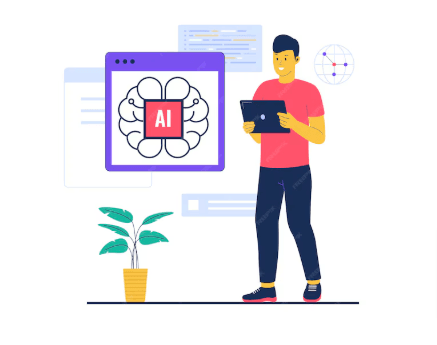

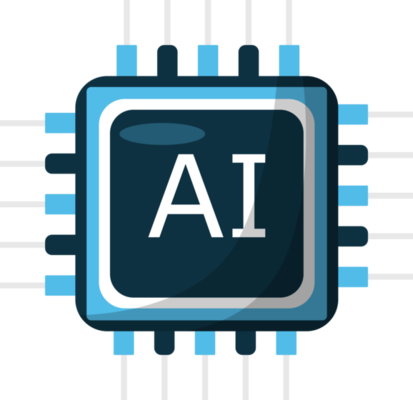
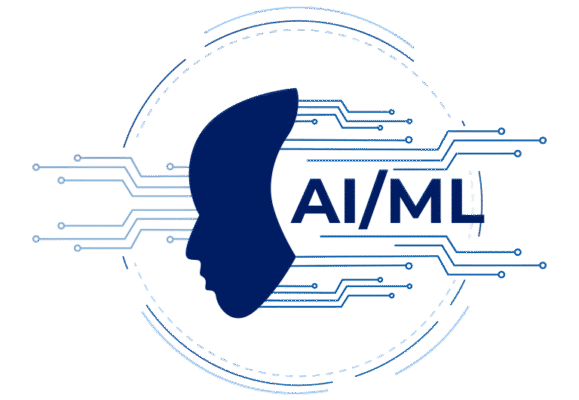
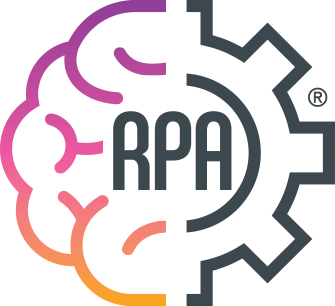

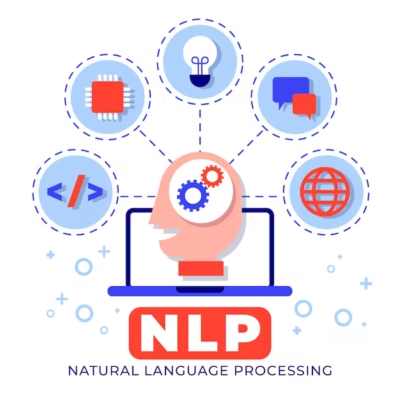
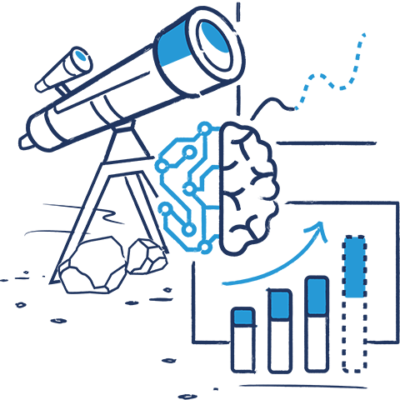
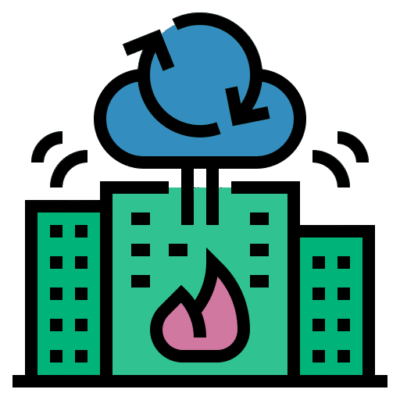

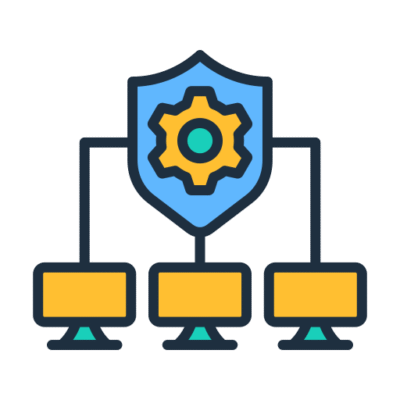

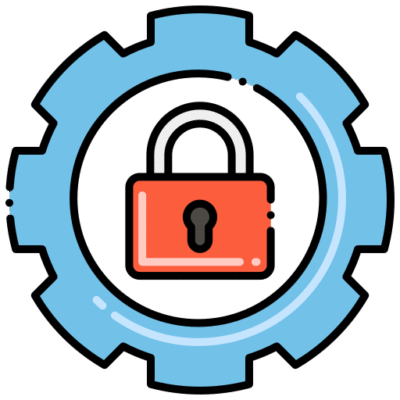



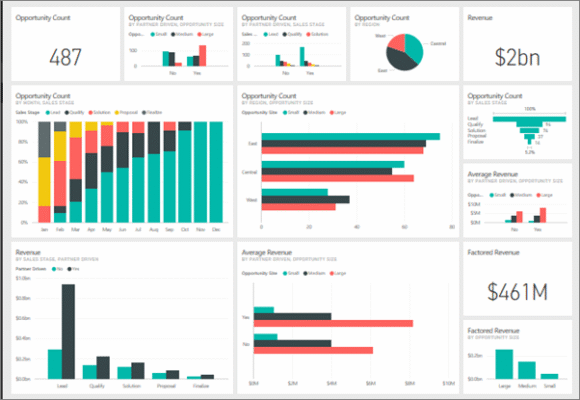
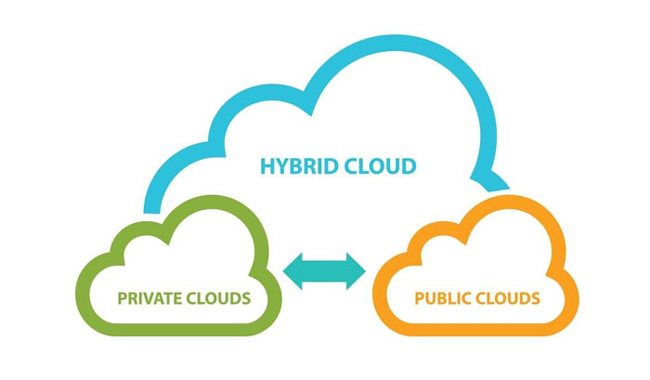
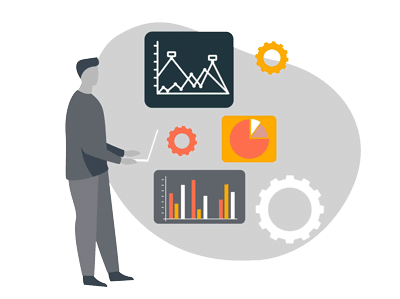

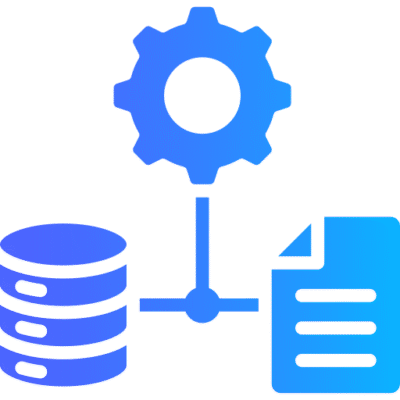
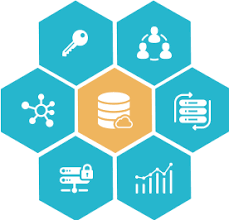


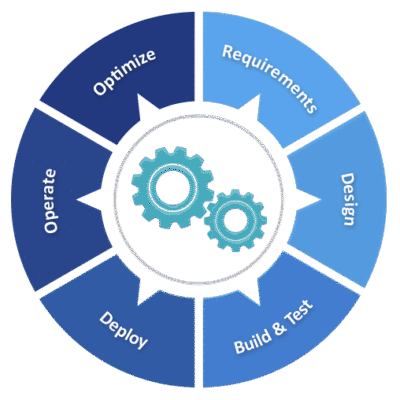

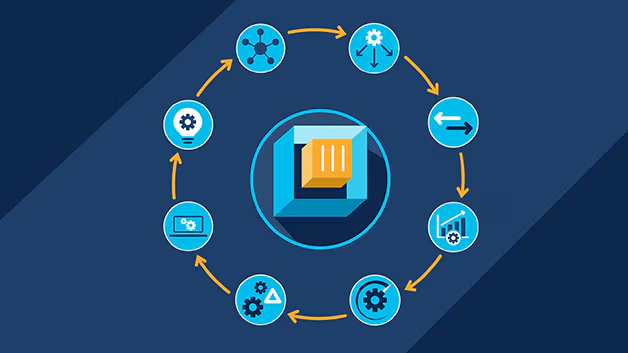
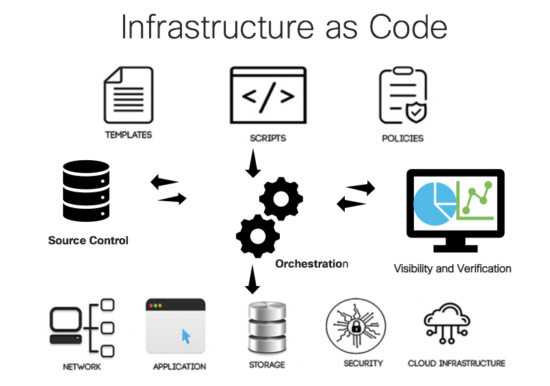
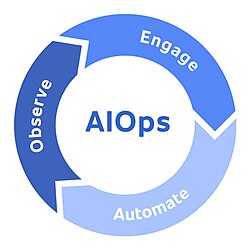

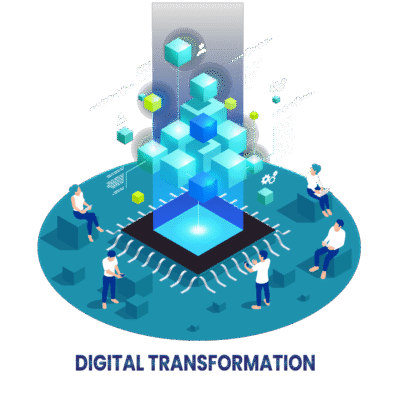
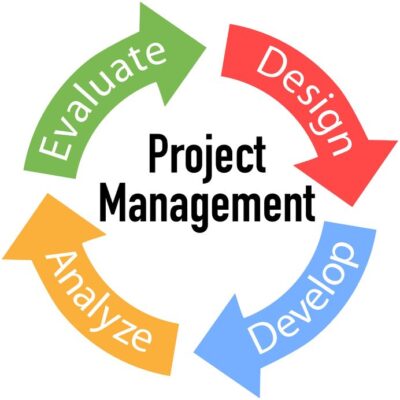
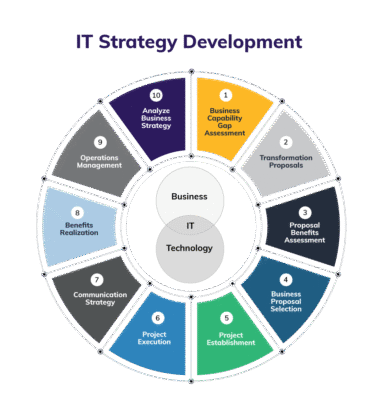
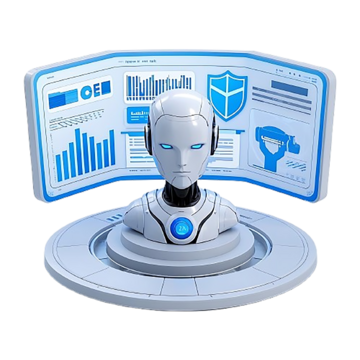


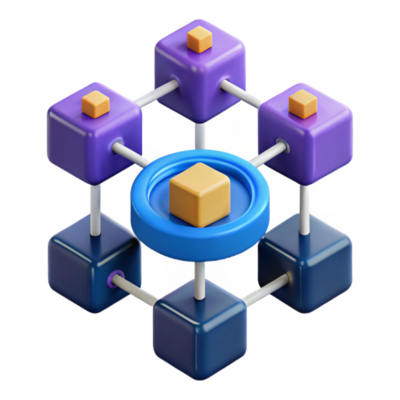

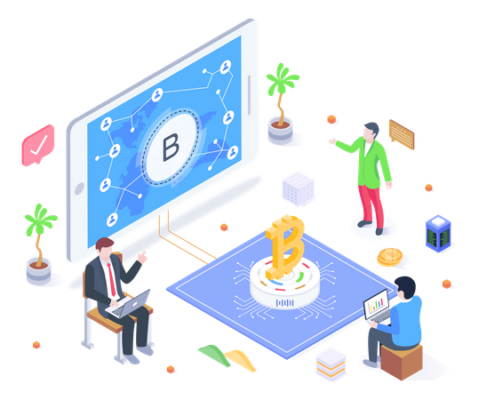


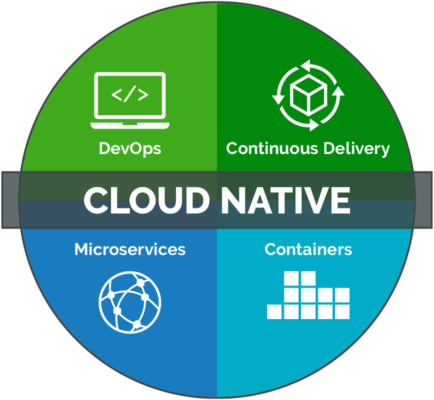

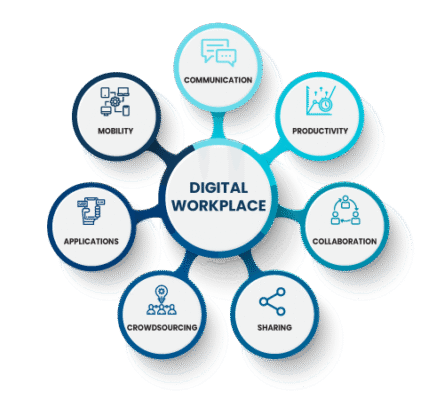
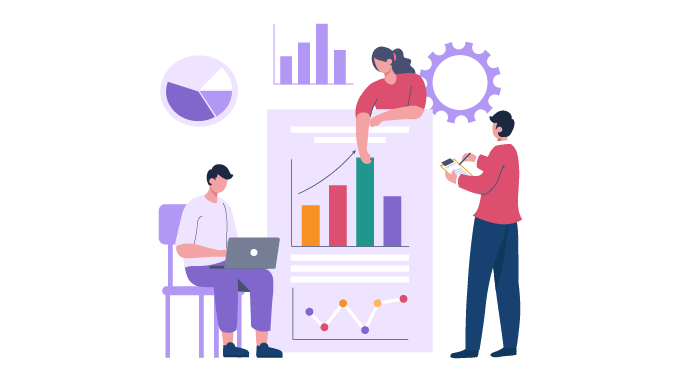

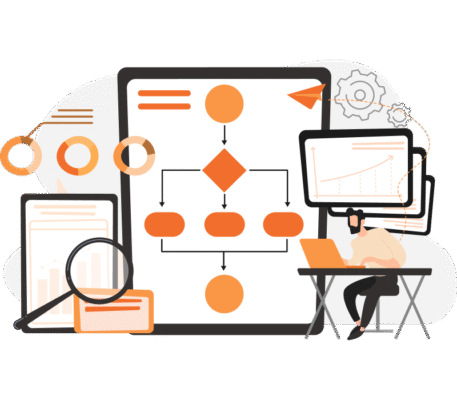
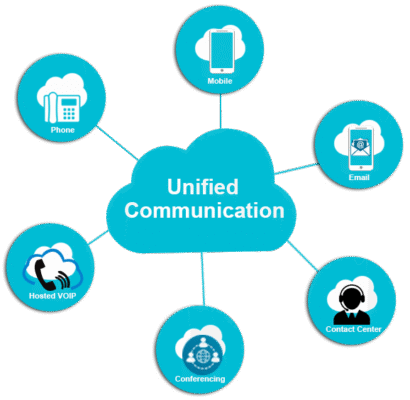

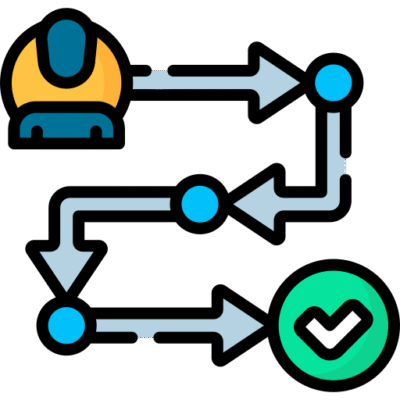



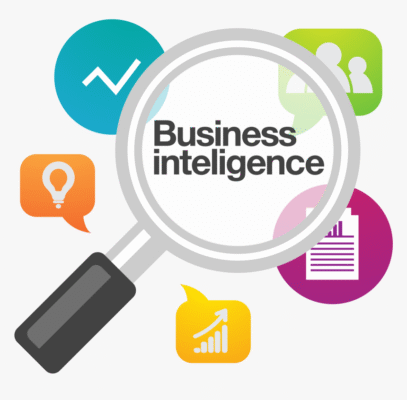
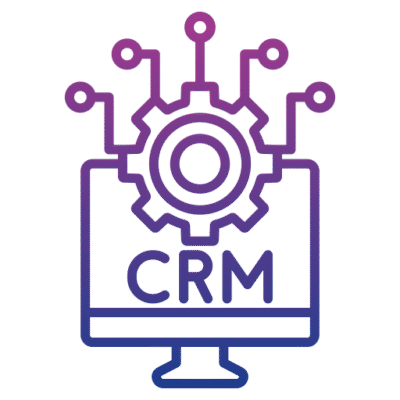

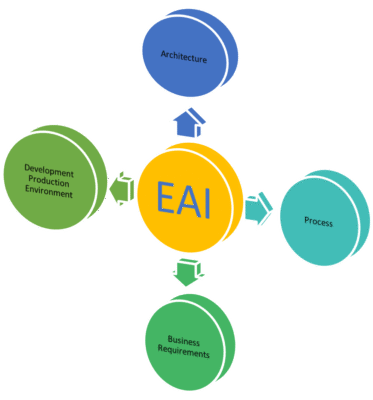
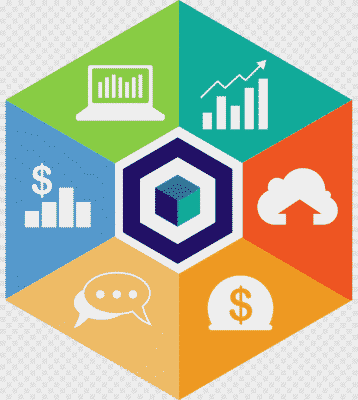
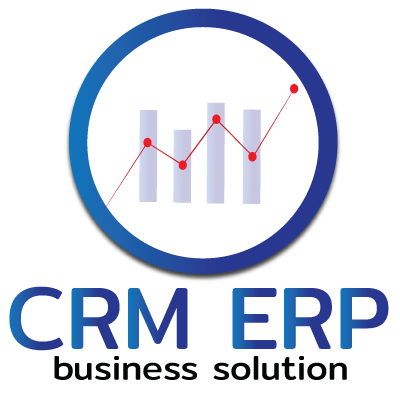
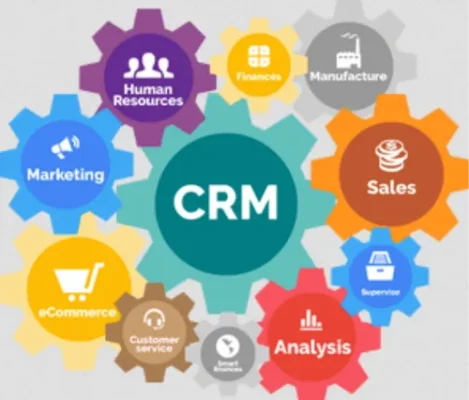
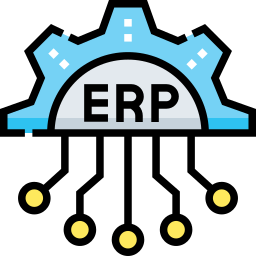

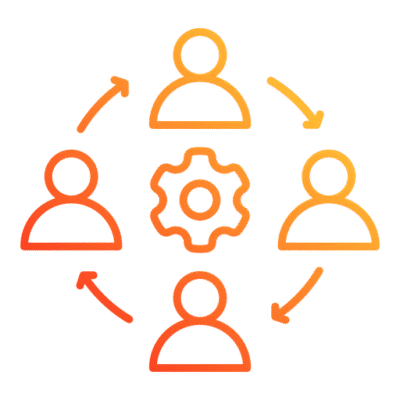
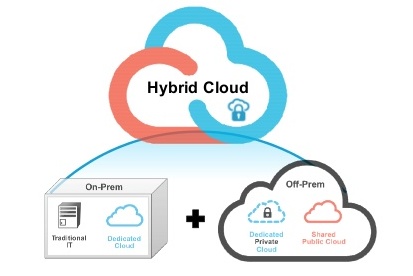

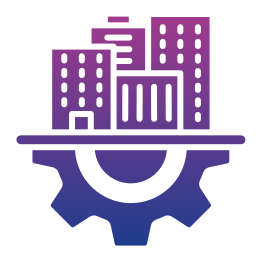
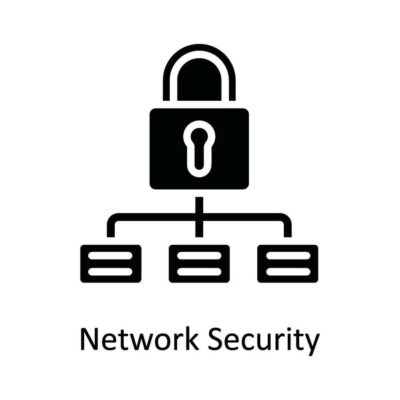
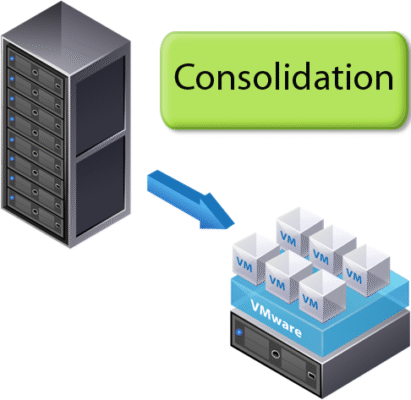


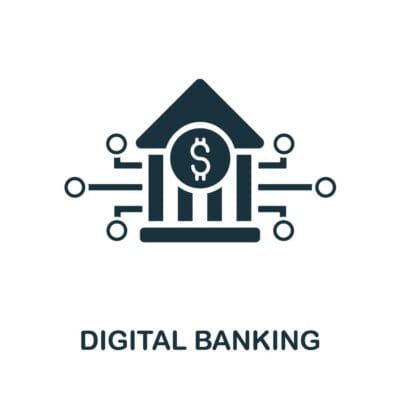


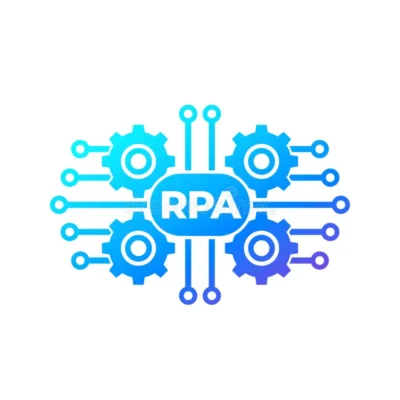
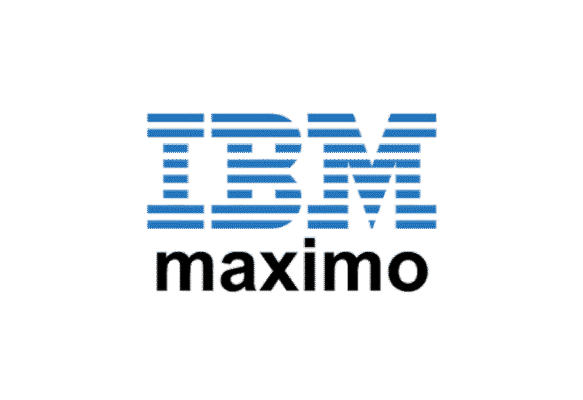
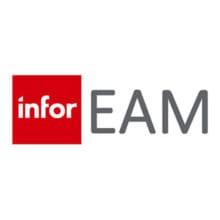
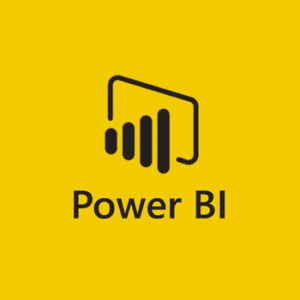
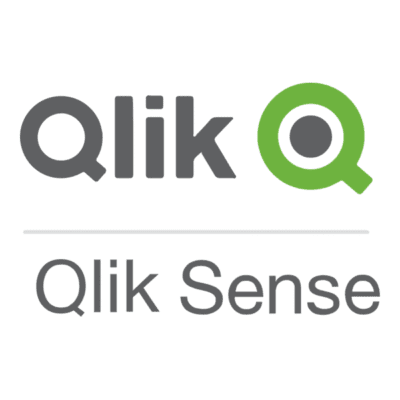
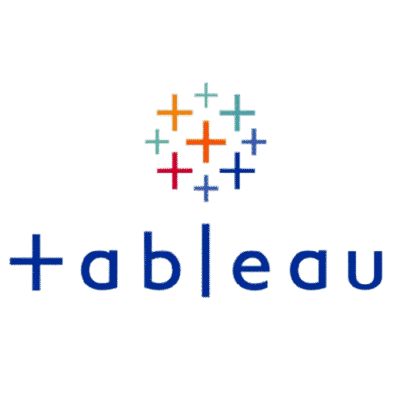
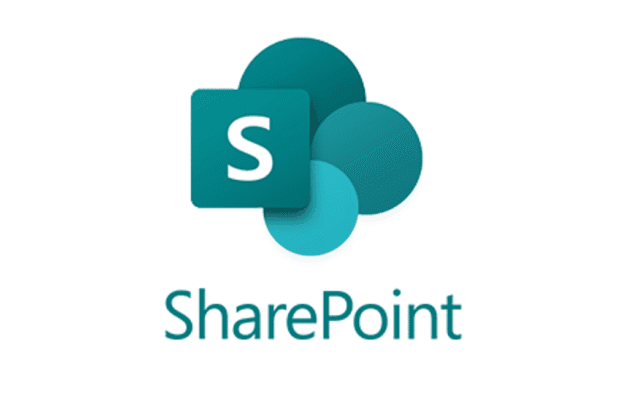
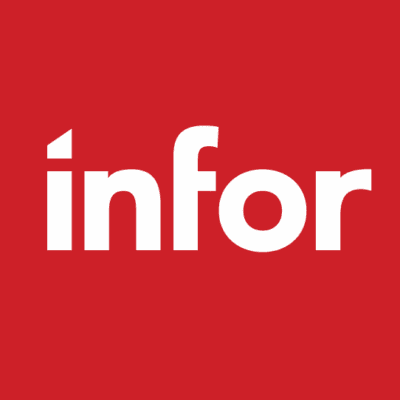
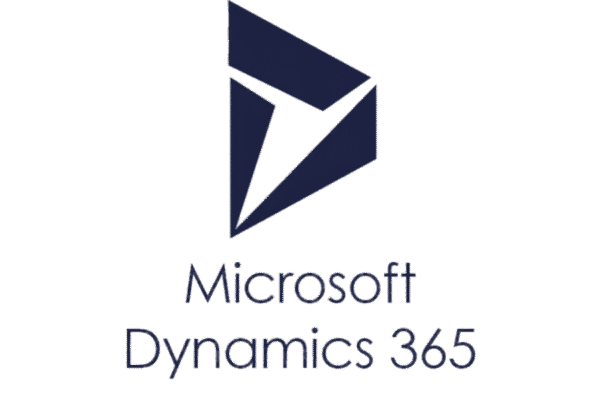
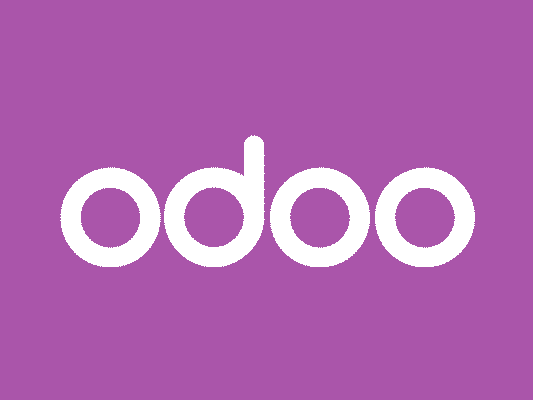

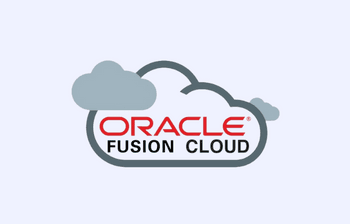
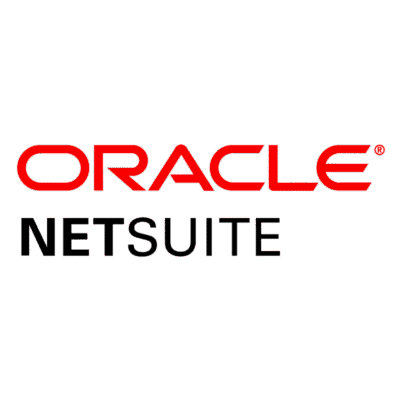

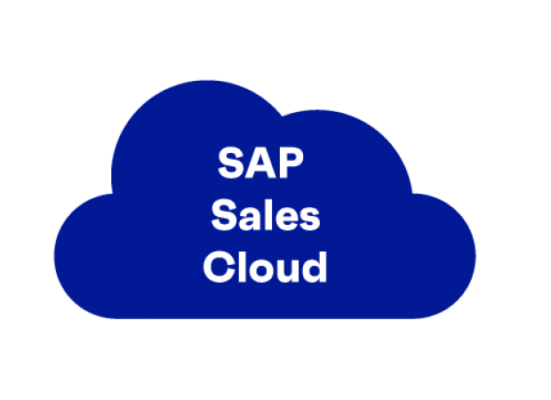
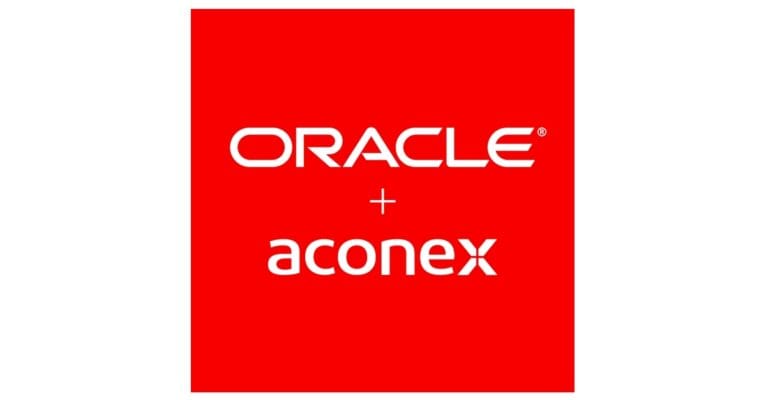




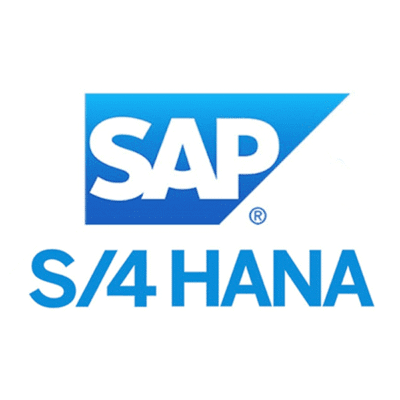
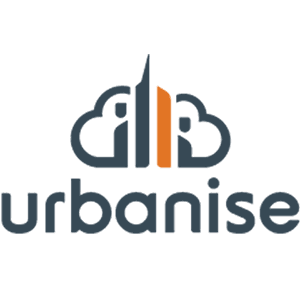
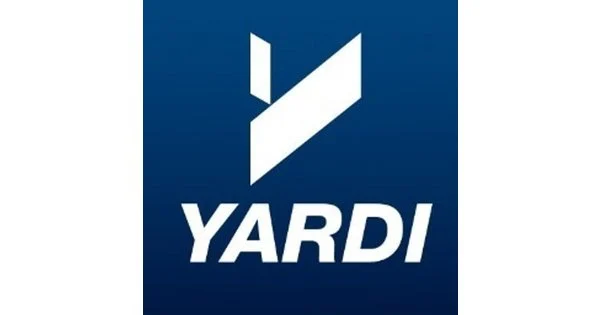
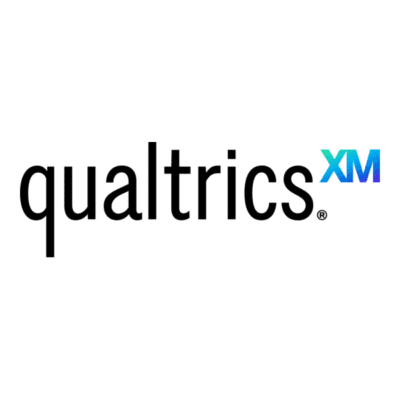
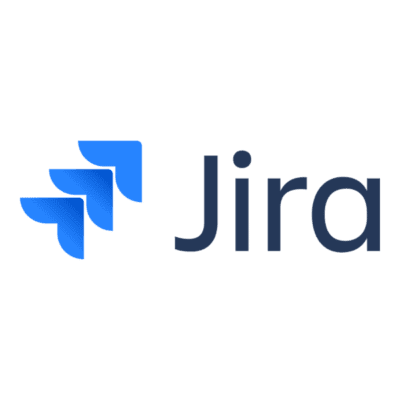
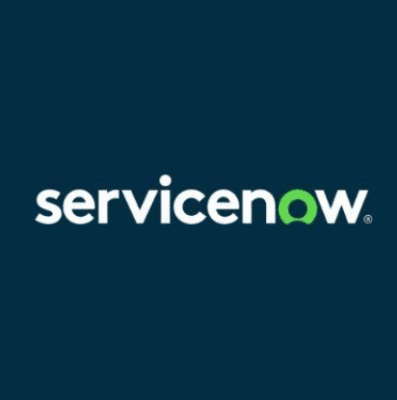

Thanks for reading! Stay curious, keep exploring.